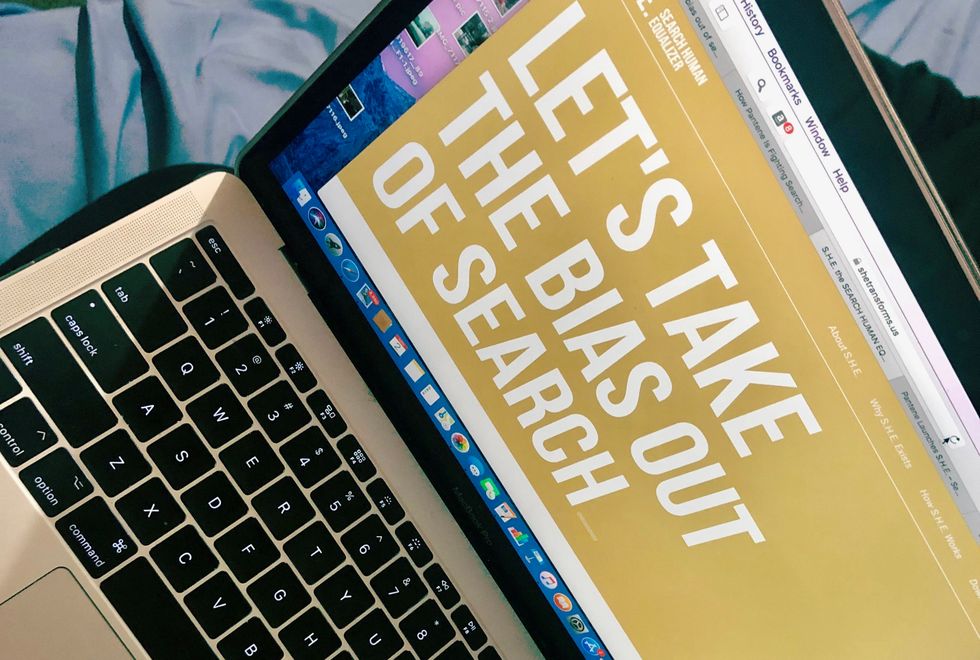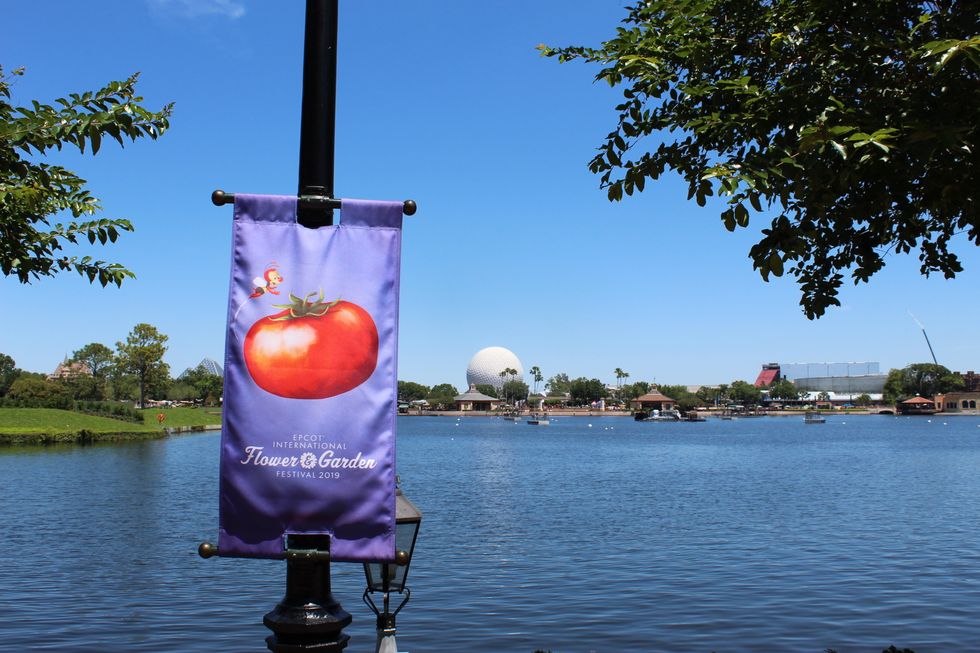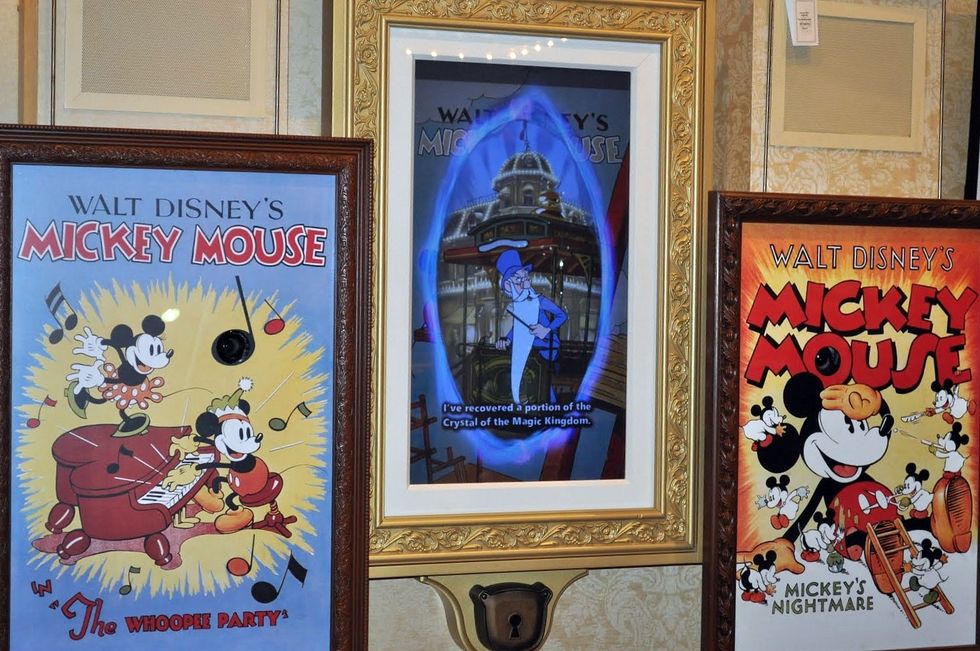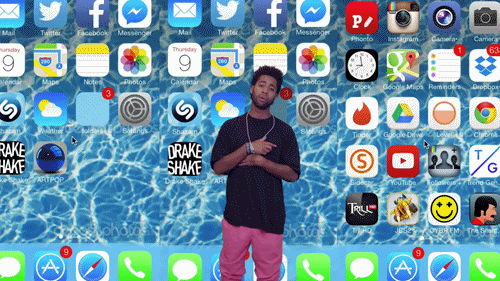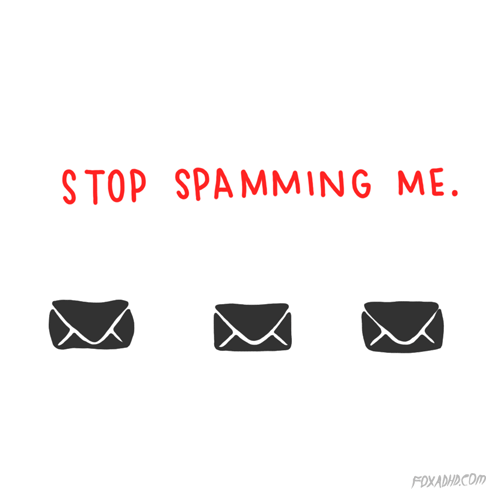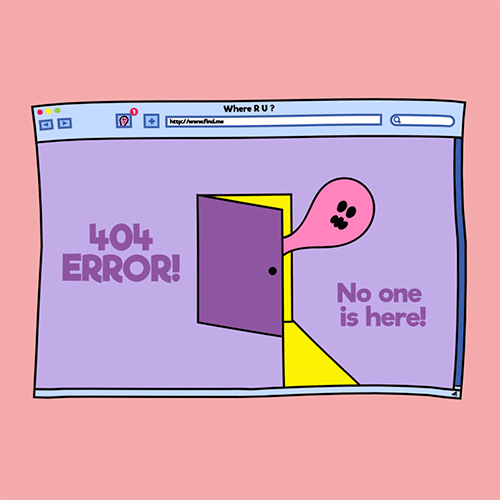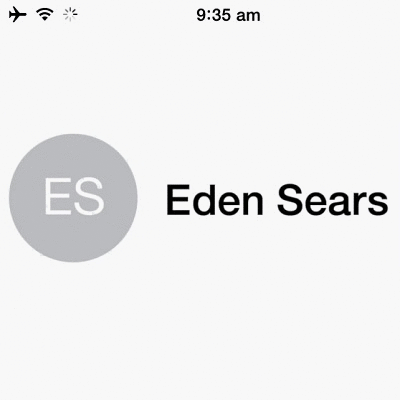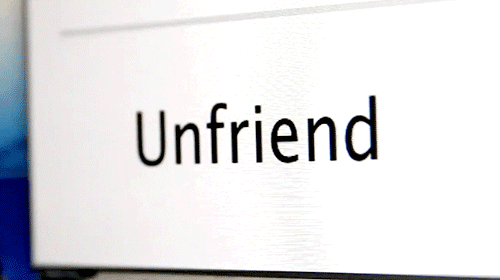Pantene's New Search Engine Promises To Remove Gender Biases
Pantene recently released a campaign for a new search engine tool, called "S.H.E." which removes gender stereotypes from search engine results.
Pantene announced a few days ago, as part of its "Power to Transform" campaign via two Youtube videos, that they created a new search engine tool that is designed to work without gender biases. According to the campaign, popular search engines like Google or Safari, have algorithms built to generate answers according to societal stereotypes. S.H.E. or the Search Human Equalizer aims to remove biases and promote woman as equals. For example, when a Safari user searches "greatest artist", a woman is the eighth result. After Aretha Franklin, there is not another woman until Madonna at eleven and the Supremes at 34.
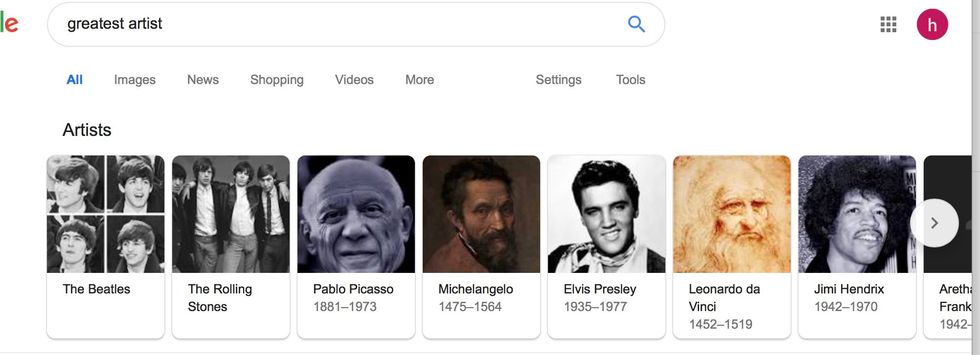
Search results appear to greatly favor white men. When searching "greatest athlete," Serena Williams, who places sixth, is the only woman in the top 35 results. The campaign also highlights the sexualization of women. Searching for a school girl will generate results of young woman wearing revealing Halloween costumes. Clicking the video tab reveals that a YouPorn video is the first result.

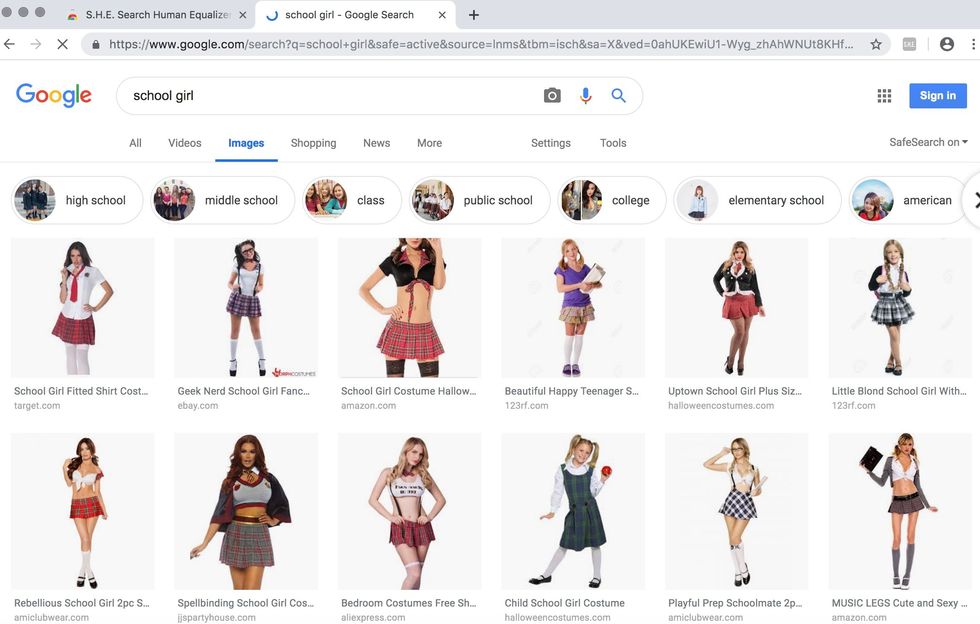
Search engines also reflect other biases like race and age. Searching "beautiful woman" will generate dozens of young, white women. An entire page of image results will have only a few sprinkles of young women of color.
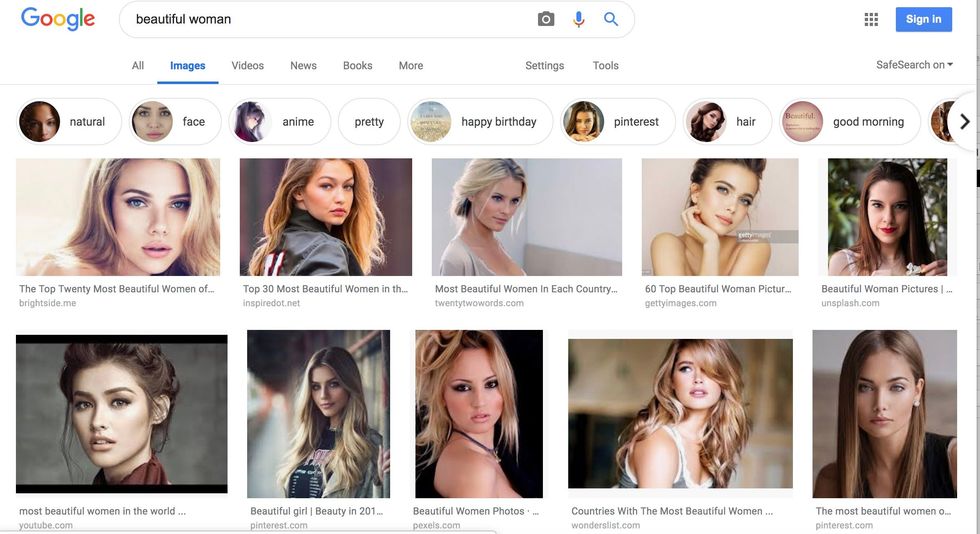
Popular search engine algorithms generate results based on page clicks, user history, and geography. However, even with a cleared internet history, these biased results remained the same. Having search engines that don't intervene in their results can be harmful. According to a study by the American Institute for Behavioral Research and Technology, internet users trust and choose search engine results. Unfortunately, these results reinforce biases. In Pantene's YouTube ad for S.H.E., they called their campaign an open invitation for other search engines to follow suit.
S.H.E. is a Google Chrome extension. It can be turned on to modify Google's search results. There are currently only 22 users but the extension has "five stars." When searching on Google, "S.H.E." will automatically load different results. Clicking the "S.H.E." icon will tell users that the results have been equalized. When searching for something that S.H.E. has not been able to equalize yet, the user has the option to flag the search.
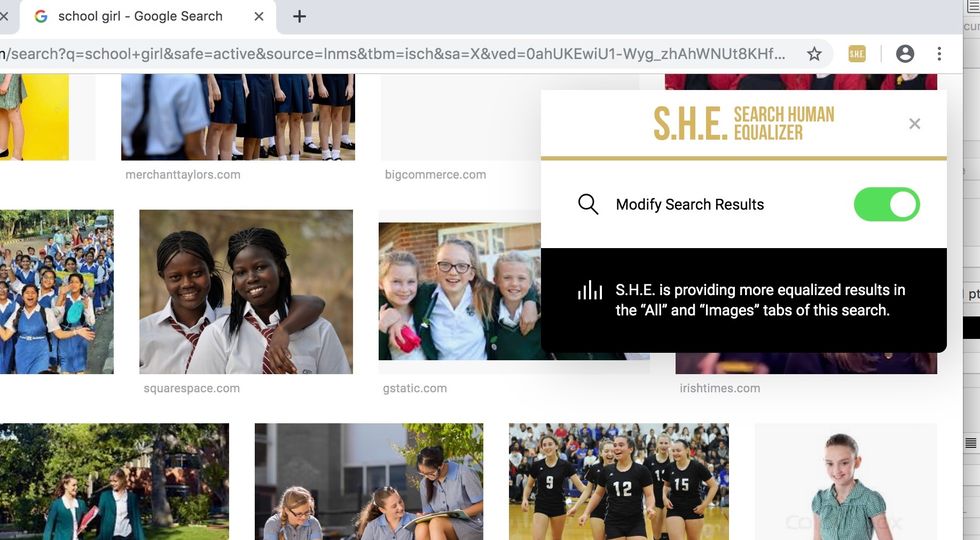
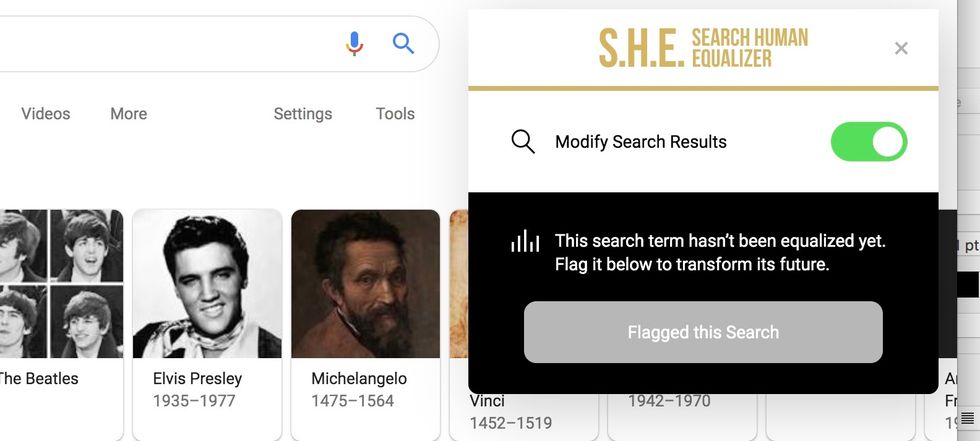
The specific terms that Pantene's promotion video used like "schoolgirl", have all had their results equalized. However, it seems that nothing I could find outside of that has been "equalized." This means that I will get Google's normal search results but I can flag the search for future improvement.
The Google extension has a lot of potential and is certainly much-needed. I am pleasantly surprised that such a groundbreaking tech extension came from a shampoo company. It has a lot of room for growth but adding more users, which will lead to more flags, will help to increase the amount of equalized results. Only time will tell if Pantene follows through and changes flagged results. Regardless, it sheds awareness on how gender biases are in every corner of our daily lives, unbeknownst to its users and I applaud Pantene for taking a leap forward in gender equality.

